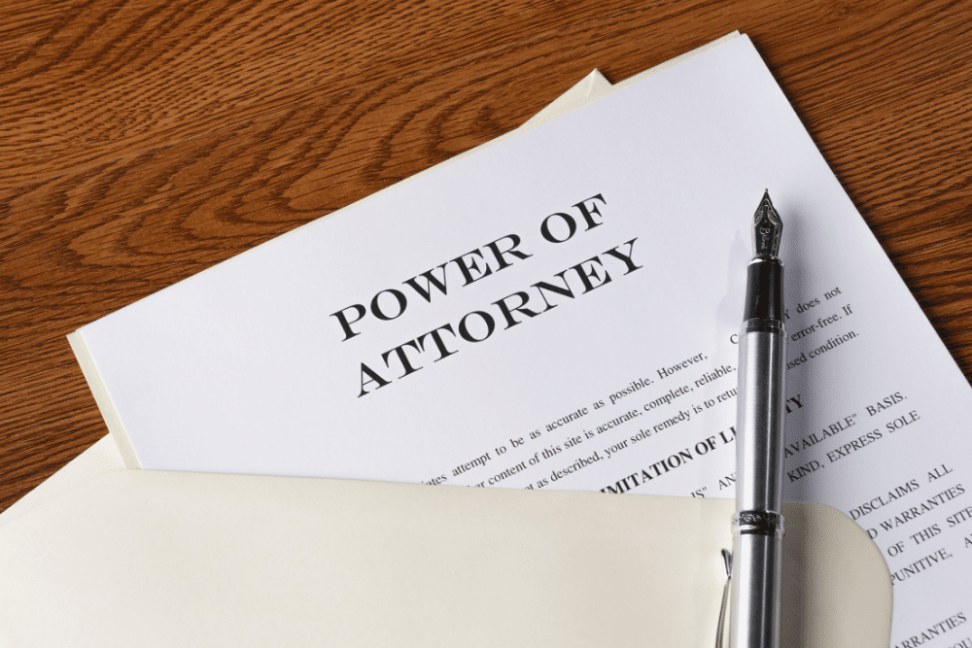A Power of Attorney (POA) is a legal document that grants an individual the authority to act on behalf of another person in various matters. While the intention behind assigning a POA is often to ensure smooth decision-making in case of incapacity, there are situations where it becomes necessary to revoke or take away someone’s Power of Attorney. In this comprehensive guide, we will delve into the reasons one might need to remove a POA, the legal processes involved, and the considerations to keep in mind.
Understanding Power of Attorney

Before we discuss the removal of a Power of Attorney, it’s essential to understand its nature and purpose. A Power of Attorney can cover a broad spectrum of responsibilities, including financial, healthcare, and legal decisions. The person granting the authority is known as the principal, while the one receiving it is the agent or attorney-in-fact.
Reasons for Removing Power of Attorney
Several situations may warrant the removal of a Power of Attorney. It’s crucial to approach this process with care and a thorough understanding of the circumstances. Here are some common reasons for taking away someone’s Power of Attorney:
- Breach of Trust: If the agent breaches the trust placed in them by the principal, such as misusing funds or making decisions contrary to the principal’s wishes, it may be necessary to revoke the POA.
- Incompetence or Incapacity: If the agent becomes mentally or physically incapable of fulfilling their duties, the principal may need to remove the POA and appoint a new agent.
- Completion of the Task: Sometimes, the POA is granted for a specific purpose or a limited time frame. Once the task is completed or the time has elapsed, the principal may want to revoke the POA.
- Change in Relationship Dynamics: Changes in the relationship between the principal and agent, such as divorce or a falling out, may necessitate the removal of the POA.
- Principal’s Change of Mind: The principal has the right to change their mind about who they want as their agent. If they wish to appoint a different person or handle matters themselves, the existing POA may need to be revoked.
Legal Procedures for Removing Power of Attorney
The process of removing a Power of Attorney involves legal steps to ensure the revocation is valid. Here’s a step-by-step guide:
- Review the POA Document: Carefully review the Power of Attorney document to understand any specific revocation procedures outlined within it. Some POA documents specify the conditions and process for revocation.
- Create a Revocation Document: In the absence of specific instructions in the POA document, you may need to create a revocation document. This document should include the principal’s name, the agent’s name, the date of the original POA, and a clear statement of revocation.
- Sign and Notarize the Revocation Document: The principal must sign the revocation document in the presence of a notary public. Notarization adds an extra layer of authenticity to the revocation.
- Notify Relevant Parties: Inform all relevant parties about the revocation, including the current agent, banks, healthcare providers, and any other institutions that may have a copy of the POA.
- File the Revocation with the County Clerk: Some jurisdictions require filing the revocation document with the county clerk’s office to ensure it becomes a matter of public record. Check local regulations to determine if this step is necessary.
- Notify Third Parties: Send copies of the revocation to third parties who may have relied on the original POA, such as financial institutions or healthcare providers.
- Update Legal Documents: If the Power of Attorney was recorded in legal documents like a will or trust, update these documents to reflect the revocation.
Challenges and Considerations
While the legal process for removing a Power of Attorney seems straightforward, several challenges and considerations may arise:
- Third-Party Reluctance: Some third parties, such as banks or healthcare providers, may be cautious about accepting a revocation. Provide them with the necessary legal documentation to ensure compliance.
- Mental Capacity Concerns: If the principal is deemed mentally incapacitated, the process becomes more complex. In such cases, it may be necessary to involve the court and seek guardianship or conservatorship.
- Legal Advice is Essential: It is highly recommended to seek legal advice throughout the process. An attorney can guide you through the specific legal requirements in your jurisdiction and ensure that the revocation is valid.
Conclusion
Removing a Power of Attorney is a legal process that requires careful consideration and adherence to specific steps. Whether due to a breach of trust, changing circumstances, or the completion of a task, the principal must follow the appropriate legal procedures to revoke the authority granted to an agent. Seeking legal advice ensures that the revocation is conducted in compliance with relevant laws, protecting the rights and interests of all parties involved.
Have A Look :-


